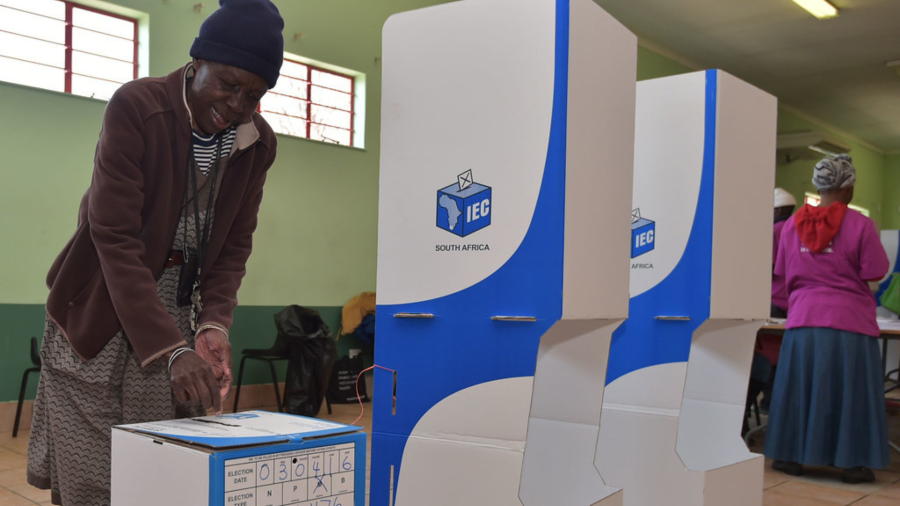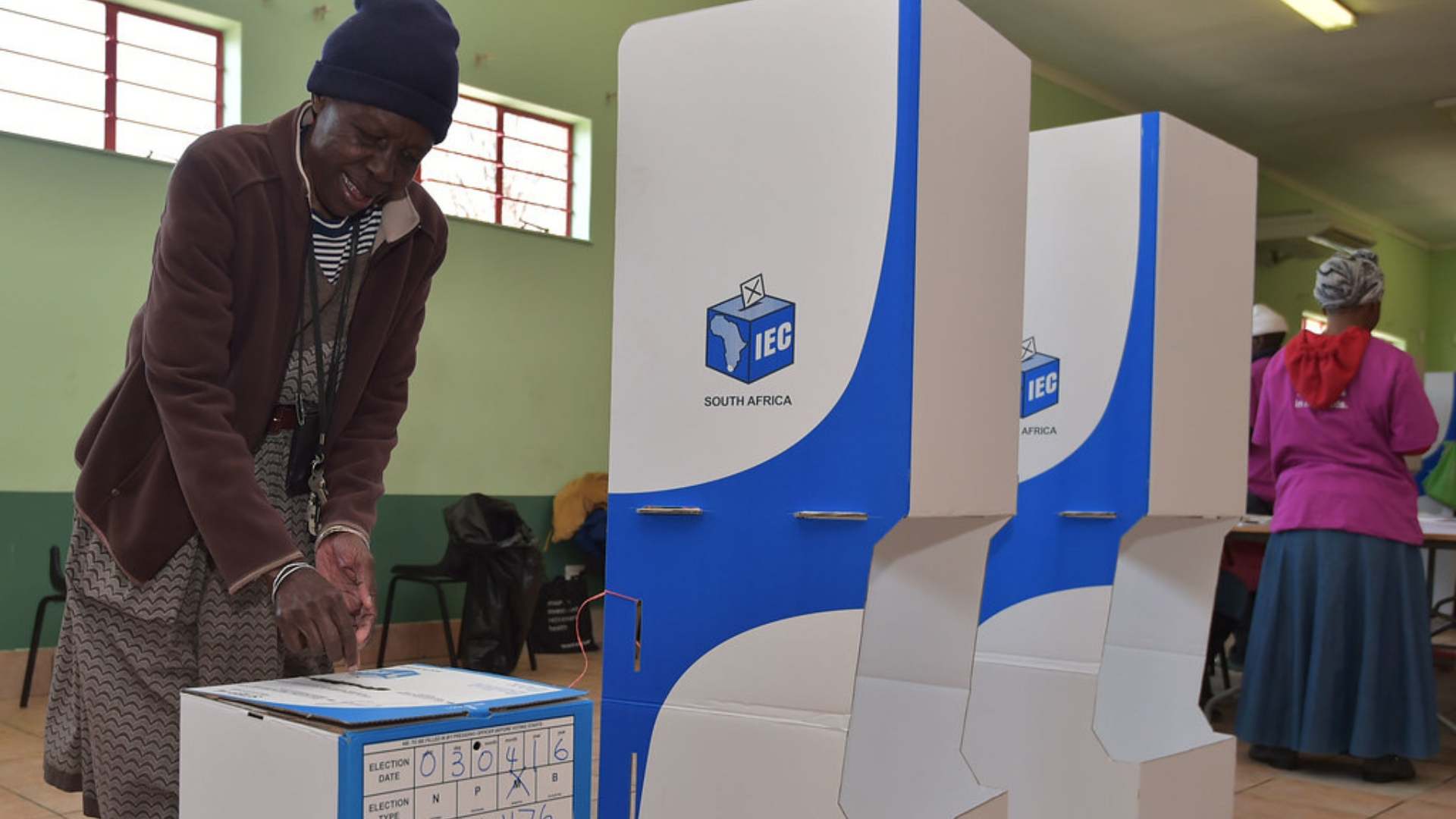
2024 Elections: Analyst says big parties are favoured over smaller ones
Some of the independent candidates complained that the number of signatures required to qualify to participate in the election was too high.

The balance of forces leading up to the 2024 General Elections is skewed in favour of big parties compared to the smaller ones and independent candidates, says Professor Bheki Mngomezulu, an independent political analyst.
Some of the independent candidates complained that the number of signatures required to qualify to participate in the election was too high, says Mngomezulu in an opinion piece published by the Independent Online.
IEC COMPLIANCE DEADLINE 8 MARCH FOR PARTIES AND CANDIDATES
The Independent Electoral Commission (IEC) has set a date for 8 March for over 600 political parties and independent candidates to meet all the requirements that qualify them to contest the election.
Some will pay as much as R700,000 if they want to contest all ballots. Failure to do so will render certain political parties and independent candidates unsuitable to participate in the election and disqualify them.
‘ANC AND OTHER BIGGER PARTIES FLEXING FINANCIAL MUSCLE’
Mngomezulu says another issue is the flexing of the financial muscle by some of the bigger parties that are financially stable. Instead of investing in campaigns to lure voters, they are doing all they can to weaken either or eliminate their political competitors, Mngomezulu says.
He says the ANC is also flexing its financial muscle by challenging the newly formed Umkhonto weSizwe Paty (MK) over the use of its name, which the ANC says belongs to it. The fact that the ANC has been struggling to pay its employees at Luthuli House and staff in certain provincial offices did not deter the party from taking the MK to court.
COALITION GOVERNMENTS WILL MOST LIKELY HAPPEN, SAYS MONGOMEZULU
“Many of the smaller and new political parties might be unable to sue their political competitors for one reason or another. The same goes for independent candidates, some of whom cannot even afford to challenge the IEC in court for what in their view are stringent requirements which they must comply with by May,” says Mngomezulu.
He says while it is true that the balance of forces favours certain political parties compared to others, it looks almost certain that we may end up with a coalition government. “Given what we have seen in local government, this would be a huge disaster for the country,” he said.
ALSO READ: LGBTQ+ illegality in Ghana: What to know about the controversial bill
